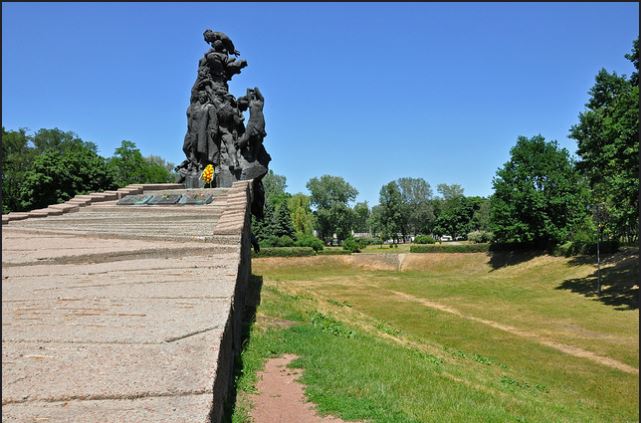September 29 and 30 mark the anniversary of one the greatest atrocities ever carried out on Soviet soil: Babi Yar. In a ravine outside of Kiev in 1941, occupying Nazi forces murdered over 33,000 Jews in less than 24 hours in an attempt to exterminate the city’s Jewish population.
Nazi Sonderkommando troops carried out the mass murder of men, women, and children with the support of local police officers. This would go on to be one of the single largest instances of mass murder carried out during the Holocaust.
Commemorating the Holocaust was often discouraged in the Cold War-era Soviet Union. This might strike modern-day readers as callous, but there was a twisted logic to this attitude. The Soviet Union had endured by far the worst losses of any side during World War II (with more than 20 million deaths), and Soviet authorities viewed Holocaust commemorations as “neglecting” the wider tragedy of Soviet casualties.
Dmitri Shostakovich, Russia’s most prominent composer, would critique this lack of commemoration in his 13th Symphony, completed in 1962. But he would also go much further, criticising the Soviet Union under Joseph Stalin, who had died in 1953. The symphony is one of the most persistent condemnations of Stalinism, interspersed with frequent allusions to the continuing failures of the post-Stalin Soviet state.
Read the full article by Daniel Elphick at The Conversation.

